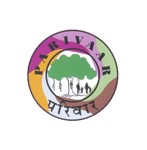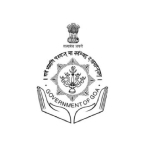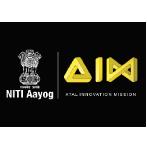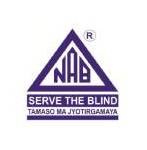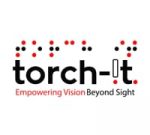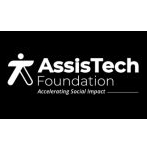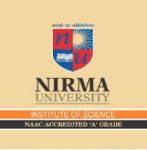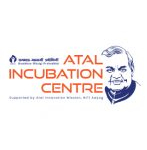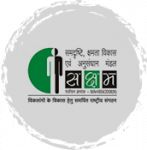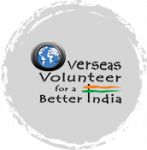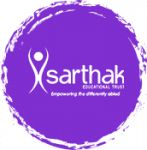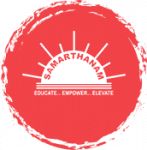It is now globally recognized that systematic provision of early childhood care and education (ECCE) can help in the development of children in a variety of ways, such as through group socialization, inculcation of healthy habits, stimulation of creative learning processes, and enhanced scope for overall personality development. ECCE is a support for UEE, and indirectly influences enrolment and retention of girls in primary schools by providing substitute care facilities for younger siblings.
At present, the Integrated Child Development Scheme (ICDS) is the most widespread ECCE provision. In addition, there are pre-schools and balwadis under the Central Social Welfare Board.
Some state government schemes and private efforts are also being undertaken. ECCE is being promoted as an holistic input for fostering health, psychosocial, nutritional and educational development of children. Efforts have to be made to achieve greater convergence of ECCE
programmes implemented by various government departments as well as voluntary agencies by involving urban local bodies and gram panchayat (village councils).
There is a need to promote an active policy of inclusion in pre-schools for children with disabilities. There is also an urgent need to develop tools for early identification using inclusive principles rather than looking at disabilities. ECCE will be possible only when there are strong linkages with the primary health care system. At present, experiments such as district rehabilitation centres, which work separately from primary health care, have not achieved much progress in ECCE. This is mainly because primary health care personnel lack of knowledge and skills on ECCE.
Components on early identification and intervention of children with disabilities are limited in the curriculum of medical, nursing, and health workers training programmes, as well as in primary health care personnel training programmes. It is a requirement that curriculum should go beyond mere awareness building and lead to development of practical skills.
Read more in part -3





